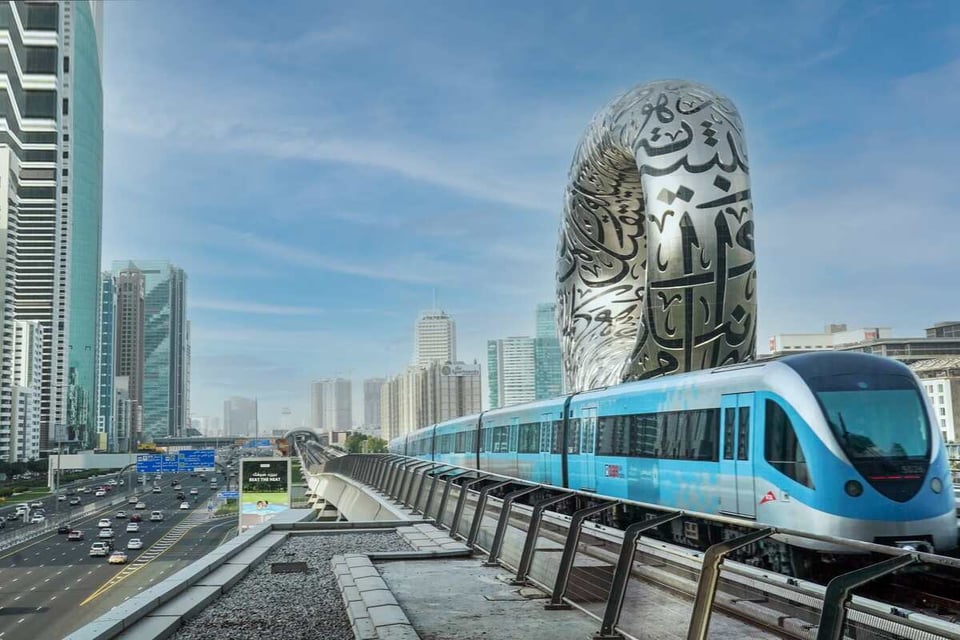Dubai’s Roads and Transport Authority (RTA) has revealed its Sustainability Framework 2030, detailing future pathways, current enablers, and supportive proposals. This framework is founded on three essential pillars: environment, economy, and society, aligning seamlessly with Dubai’s 2030 vision and reinforcing its position as a global leader in sustainable development.
Muna Abdul Rahman Al Osaimi, CEO of RTA’s Strategy and Corporate Governance Sector, underscored the RTA’s dedication to advancing the vision set forth by Dubai’s leadership. She stated: “RTA’s strategic plans are designed to elevate Dubai’s global standing across various fields, with a particular focus on sustainability. These initiatives align with the vision: ‘We the UAE 2031’, Dubai Government directives, and Dubai Urban Plan 2040 aimed to position Dubai as a comprehensive model of a sustainable city.”
Al Osaimi reiterated RTA’s commitment to executing its sustainability strategies within established timelines, ensuring effective collaboration across departments and relevant entities.
She further emphasized: “RTA has made notable achievements in sustainability, being the first government entity in the Middle East and North Africa to receive the British Standard BS 8001:2017 certification for Circular Economy from the British Standards Institution (BSI). Additionally, RTA led the region in developing a specialized long-term strategy to achieve Zero Emissions Public Transport by 2050. Furthermore, it became the first transport authority globally to obtain the ISO 20400:2017 certification from the BSI for sustainable procurement practices.”
Read more: Dubai’s RTA launches AI-powered inspection vehicle to enhance rail infrastructure safety
Overview of the sustainability framework
The Sustainability Framework 2030 delineates RTA’s future directions, emphasizing the social, environmental, and economic sustainability of Dubai’s public transport ecosystem. Under the social sustainability pillar, the framework prioritizes road safety, health, well-being, and empowerment to ensure the satisfaction of all community segments. Key objectives include:
- Achieving zero workplace injuries by 2028
- Reducing traffic fatalities
- Attaining global leadership in customer experience by 2028
- Enhancing RTA’s reputation as an employer of choice by attracting and developing talent to meet future needs
The framework also underscores the importance of increasing women’s participation in the workforce and fostering inclusivity under the theme “Toward a Satisfied Society for All.
Moreover, in terms of environmental sustainability, the framework emphasizes the creation of climate-resilient infrastructure and transport systems. By 2030, RTA further aims to establish a fully data-driven, adaptive transport sector and transition to zero-emission public transportation, guided by its long-term Zero Emission Public Transport Strategy 2050.
The economic sustainability pillar of the framework focuses on diversifying investments, implementing a roadmap to achieve asset management excellence by 2030, and promoting the circular economy while striving for leadership in asset management maturity.








